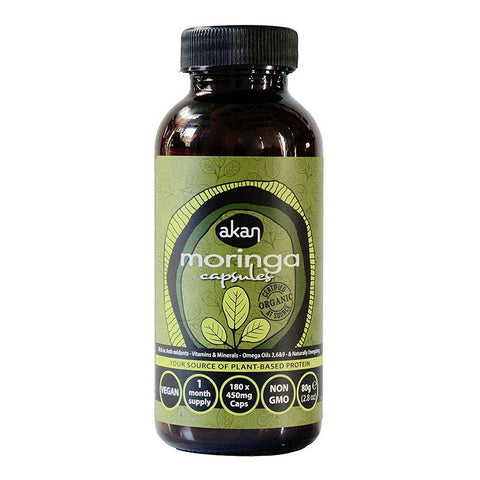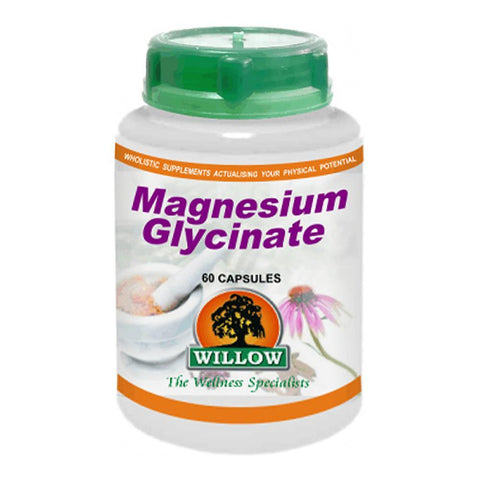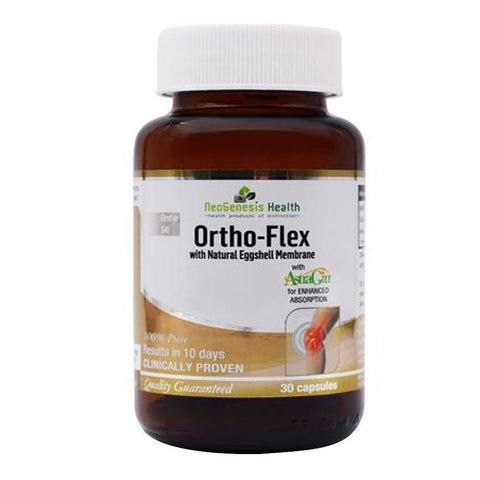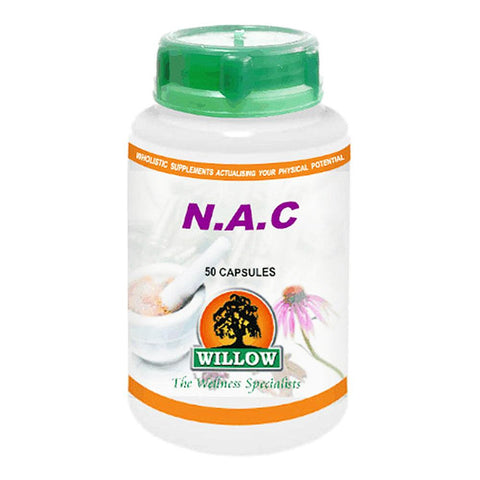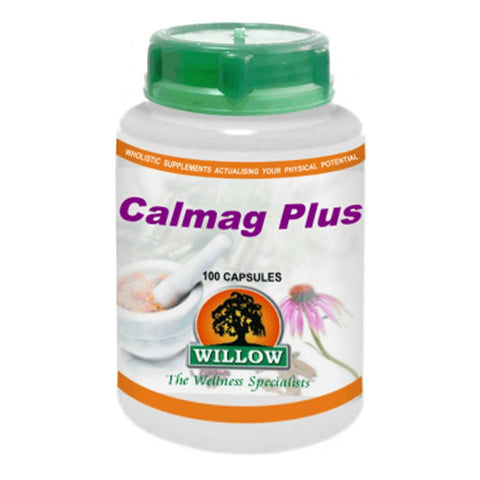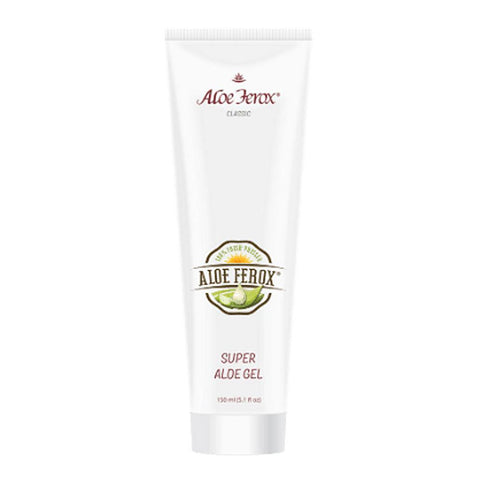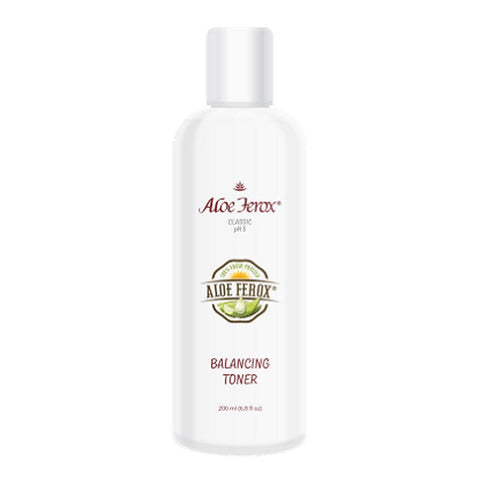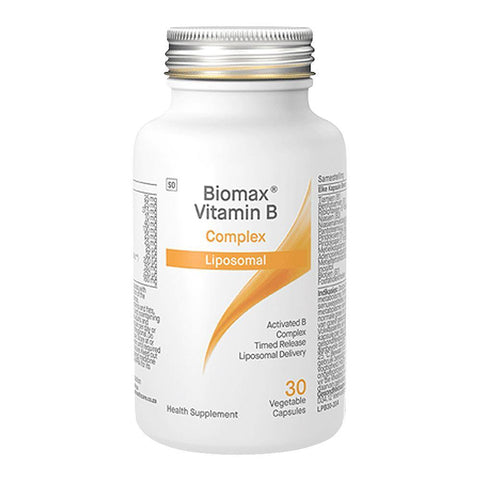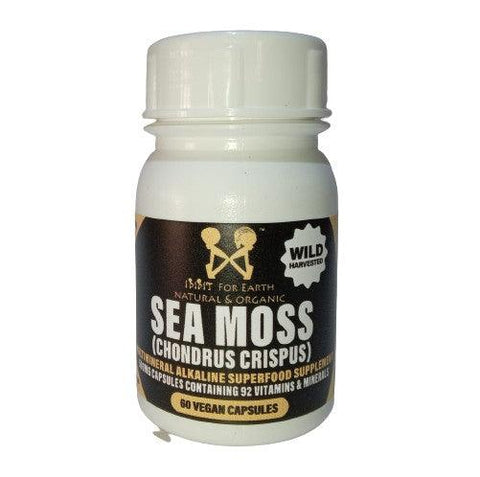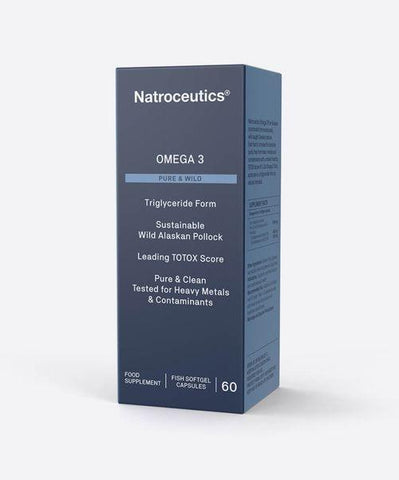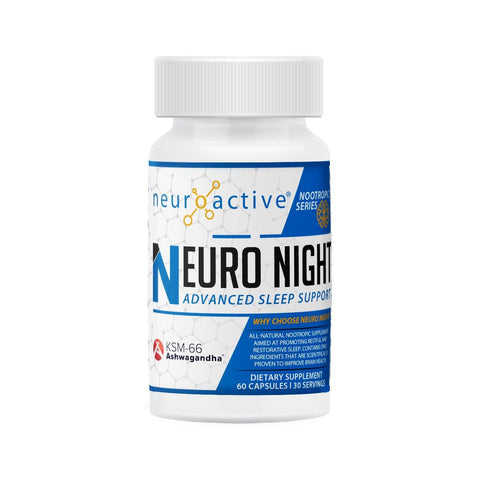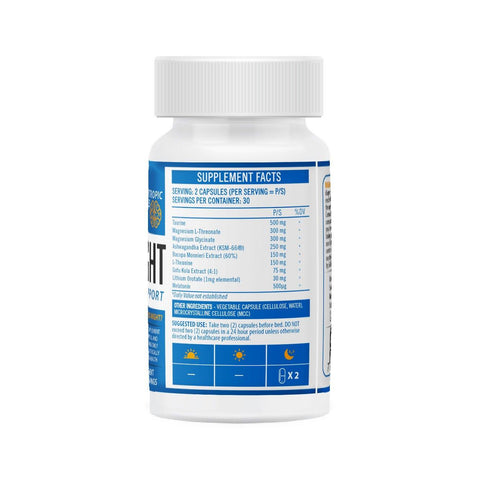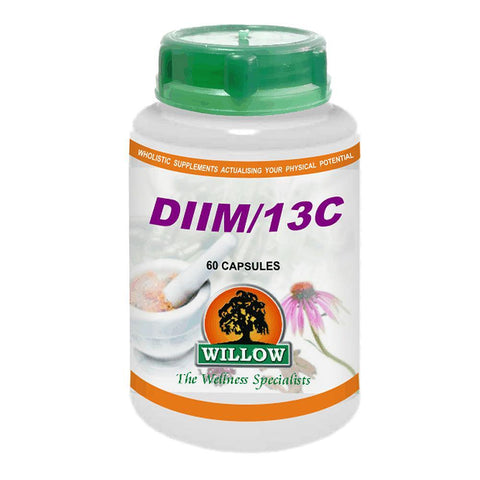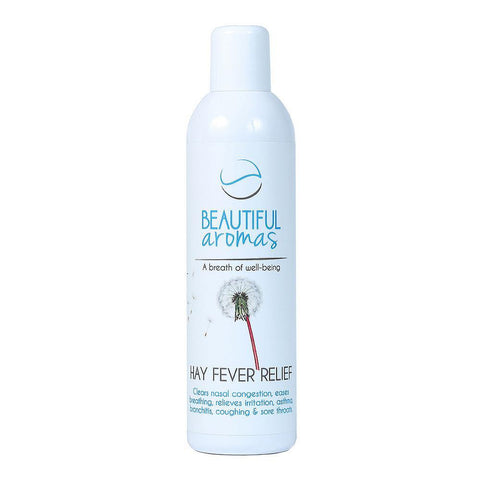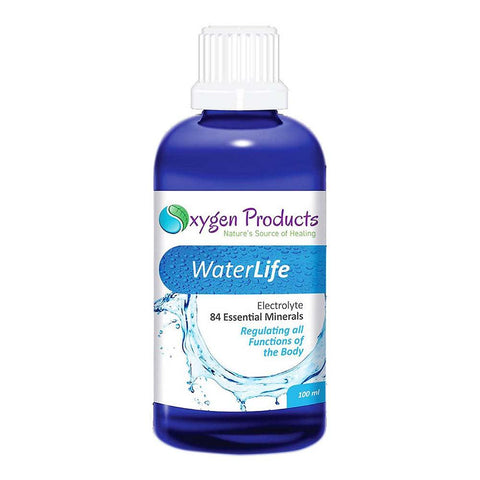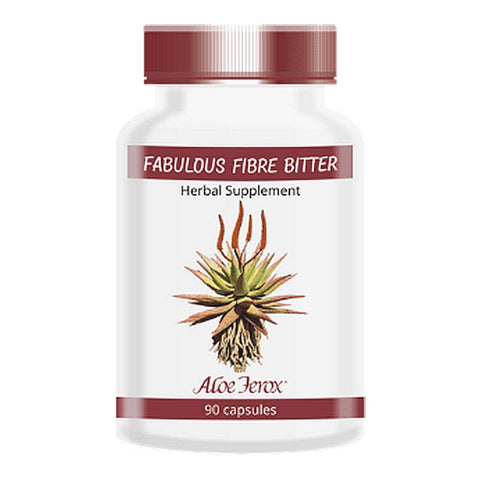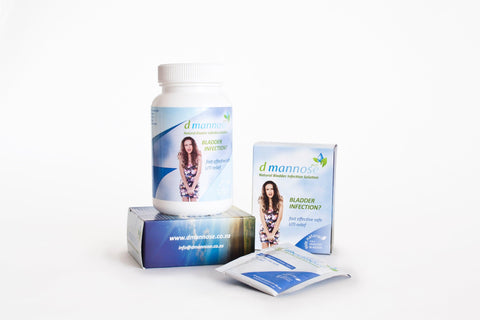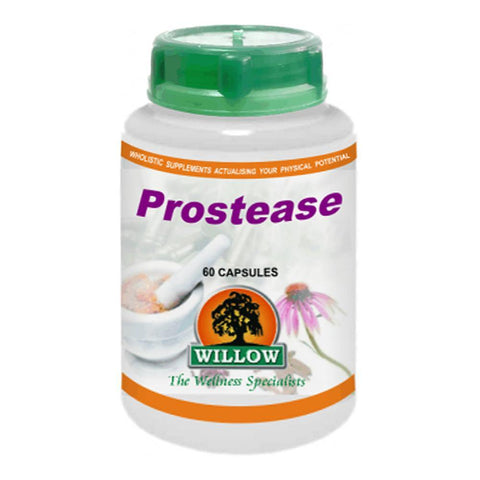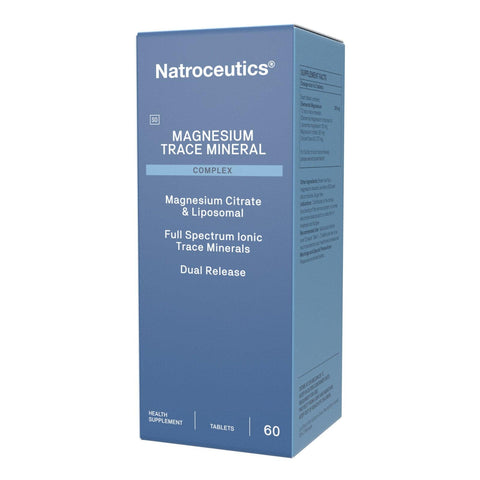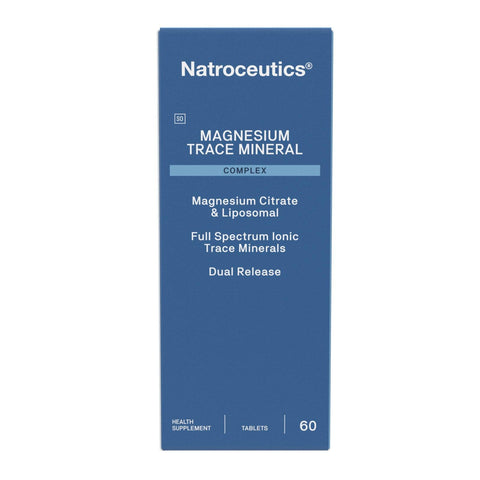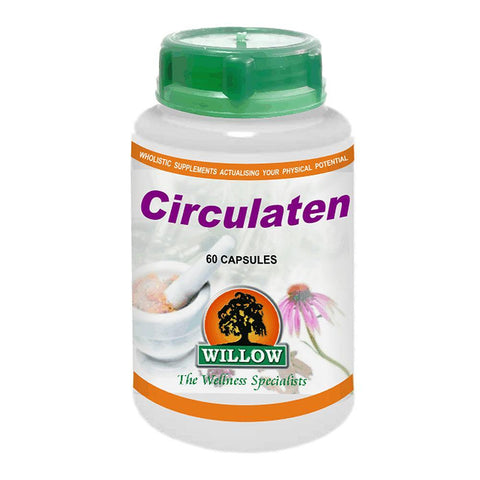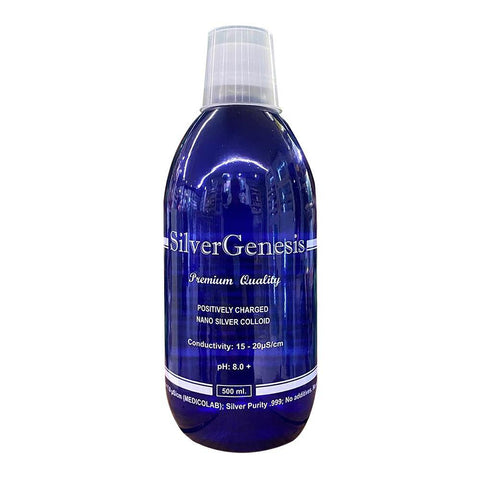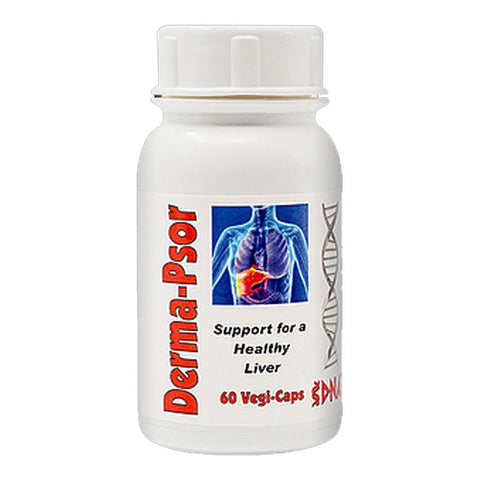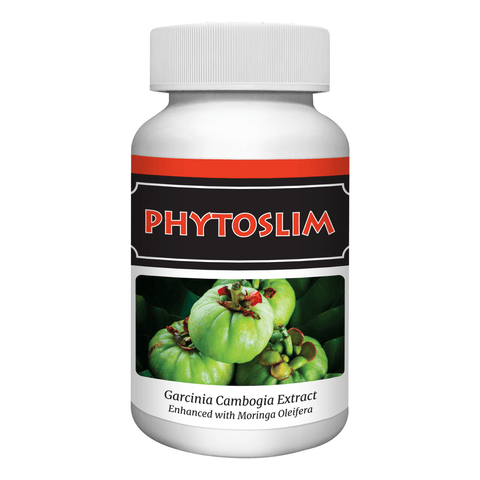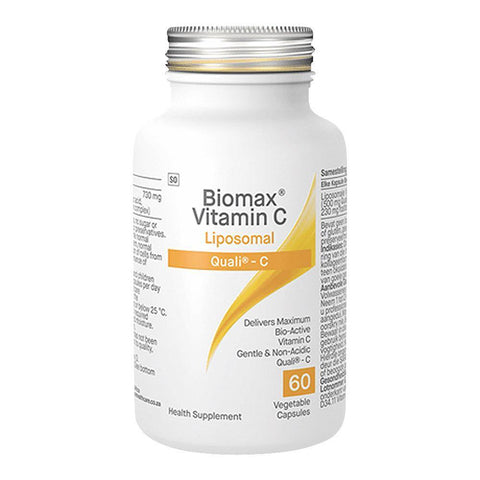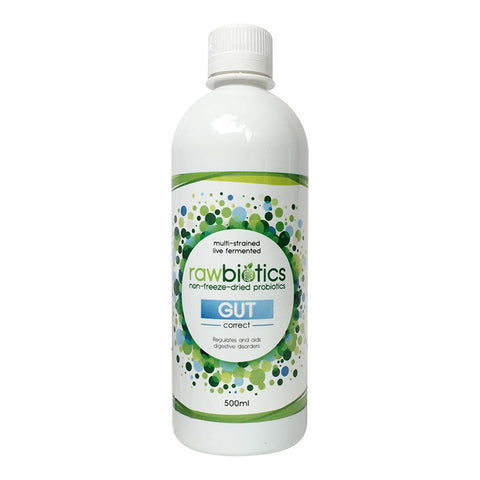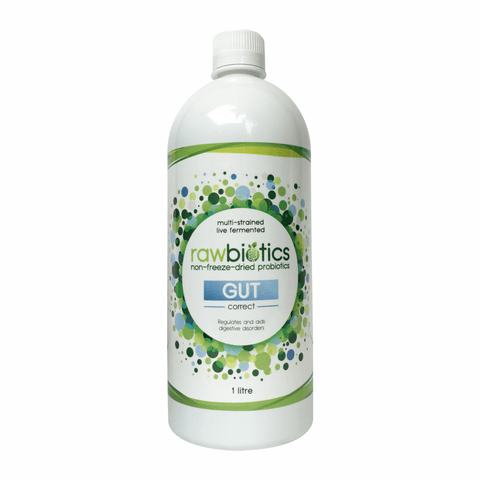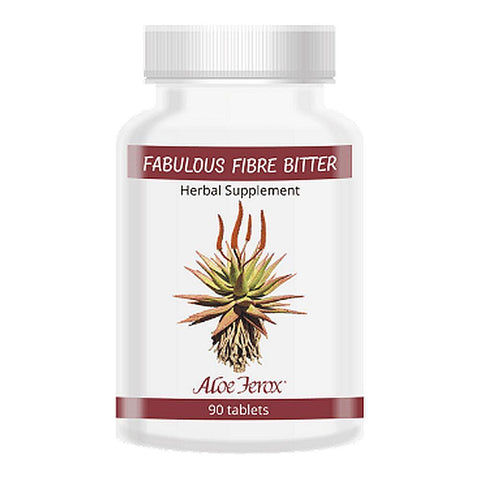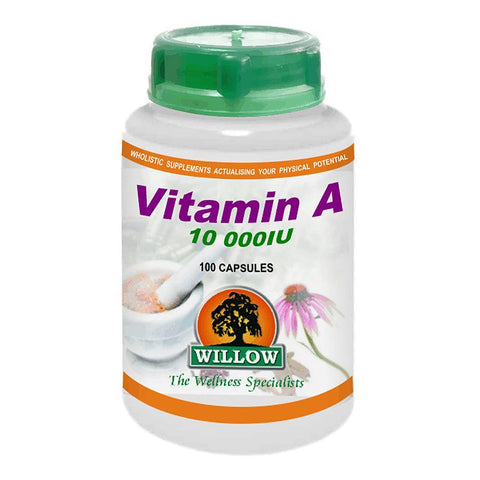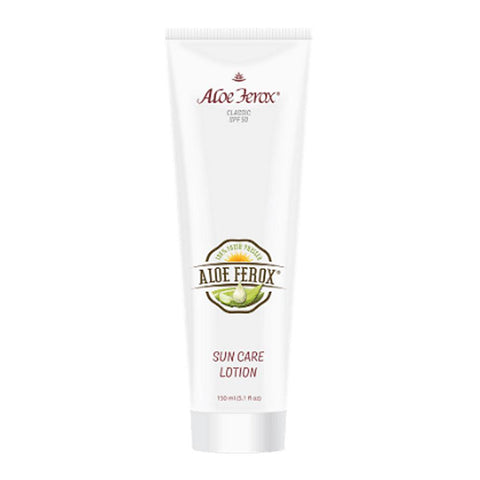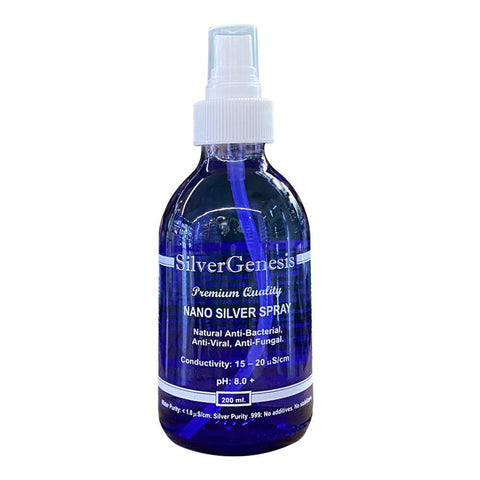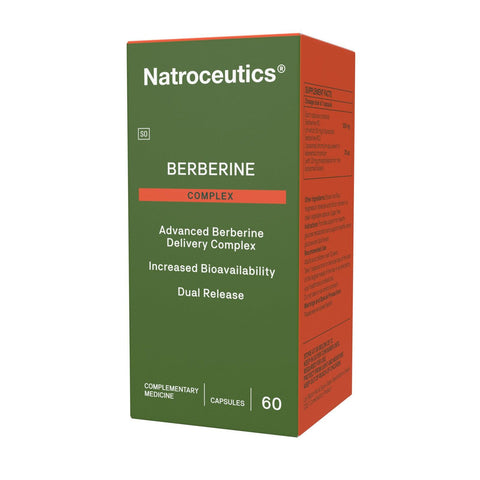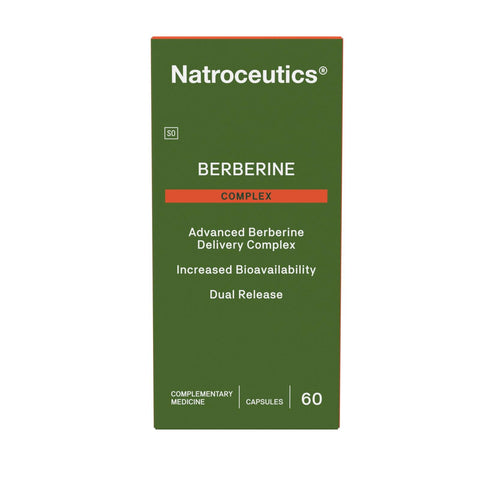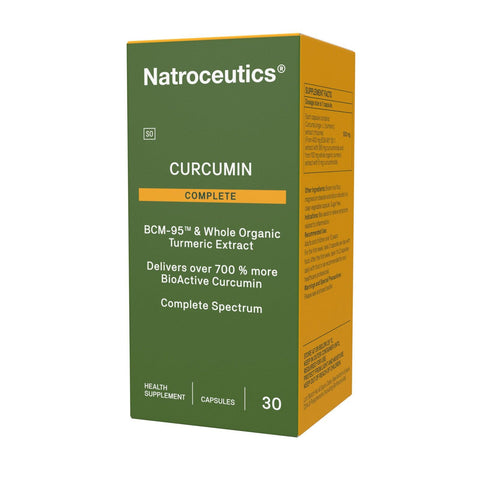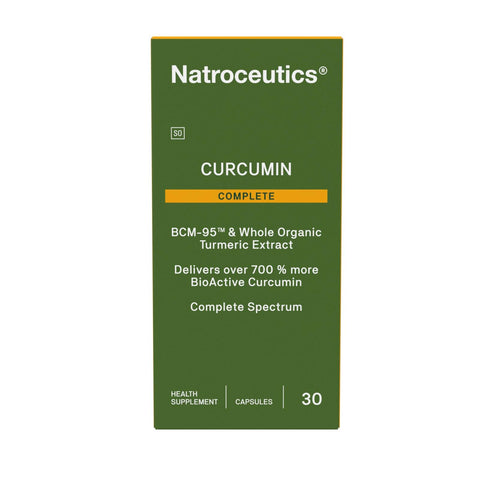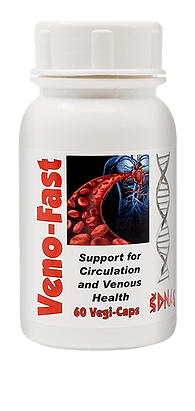Candida-Fast
DNA Biopharm SA
In Stock
Did you know?
Candidiasis, also called thrush or moniliasis, is a yeast infection. Candida albicans is an organism that normally makes a quiet home for itself on your skin and doesn’t bother anyone. We all carry this organism on our skin, in our mouth, in our gastrointestinal tract (gut), and, in the case of women, in the vagina.
Occasionally the yeast multiplies uncontrollably, causing pain and inflammation. Candidiasis may affect the skin. This includes the external surface skin and the skin of the vagina, the penis, and the mouth. Candidiasis may also infect the bloodstream or internal organs such as the liver or spleen. By far the most common problems are skin, mouth, and vaginal infections. It also is a common cause of diaper rash. These can be bothersome infections but are not life-threatening.
Candidiasis can kill if it reaches the bloodstream or vital organs such as the heart, but this is rare even in people with damaged immune systems and is almost unheard of in healthy people. Nevertheless, candidiasis is a constant nuisance, and sometimes a serious threat to people with AIDS and some cancer patients who lack the immune resources to fight it.
Causes of Candidiasis
You don’t catch candidiasis. The yeast is already there. A number of factors can increase the chance of the yeast growing out of control. The leading cause is the overuse of antibiotics. Yeast must compete for the right to live on us with various other organisms, many of the bacteria. These bacteria, which live on the skin and in the intestine and vagina, among other places, are harmless but good at fighting off yeast. When we take antibiotics to deal with less friendly bacteria, we kill off these harmless ones as well. Yeast, which is unaffected by antibiotics, moves into the vacated spots once occupied by bacteria and starts to grow and multiply.
Steroids and some cancer medications weaken the immune system and can allow the yeast to flourish. Candida Albicans infections of the mouth (known as oral thrush) most often develop in people with diseases such as cancer and AIDS. They can also develop in people with diabetes or in people who have long-term irritation resulting from dentures. Taking birth control pills increases your chances of getting vaginal candidiasis. Hot weather and tight clothing are also risk factors, as they create the ideal environment for candida.
Ingredients: Echinacea (75mg), Sodium Caprylate (150mg), Amla (50mg), Burdock Root (50mg), Zinc (5mg), Oregano (70mg),
Other ingredients: Colloidal Silicon Dioxide.
Related Products
-
WaterLifeR 176.00



